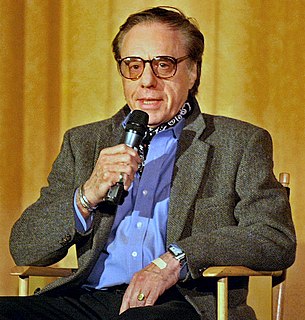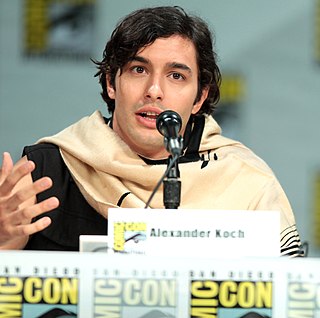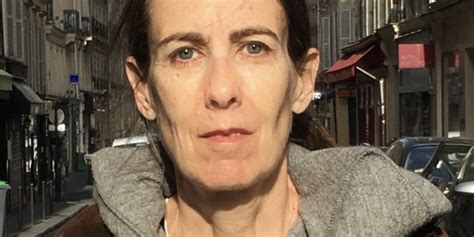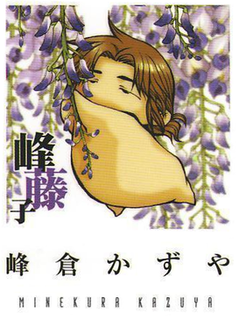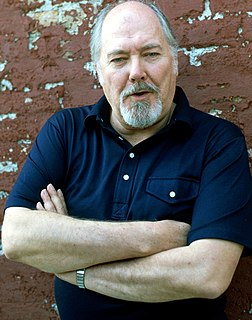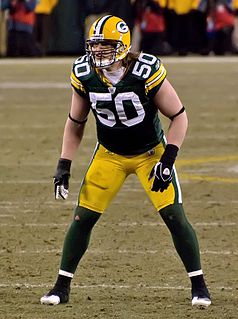A Quote by Steven Knight
Whenever I see a cut of a film and something is gone, I don't notice it unless it obviously should have been kept.
Related Quotes
Up until then, whenever anyone had mentioned the possibility of making a film adaptation, my answer had always been, ‘No, I’m not interested.’ I believe that each reader creates his own film inside his head, gives faces to the characters, constructs every scene, hears the voices, smells the smells. And that is why, whenever a reader goes to see a film based on a novel that he likes, he leaves feeling disappointed, saying: ‘the book is so much better than the film.
I actually like a film in a gallery, because you don't have to show up at a certain time to see something, you can just walk in whenever. I like that freedom to be able to see something anytime. I personally don't mind watching something knowing that it's not the beginning and then just letting it run its cycle.
If you take a big epic novel and you shoot it, when you get to the editing room you notice that it has 2 million climaxes, which fill the whole 90 or 100 minutes. Then you realize you can't cut them out because if somebody is dying and you cut that out it seems like they just disappear from the film.
You want to come in and prove yourself early. Obviously, it is a responsibility being drafted that high to come in and play well and to make an impact. If not, youre going to get cut. So you have to come in, make the team, have an impact and do something special. And I feel that, obviously, internally. I feel an obligation to myself to do that but obviously the organization, the fans, this community. I mean, they dont want to see a first-round draft pick be a bust, so I feel I have to come in and hopefully make an impact early.



